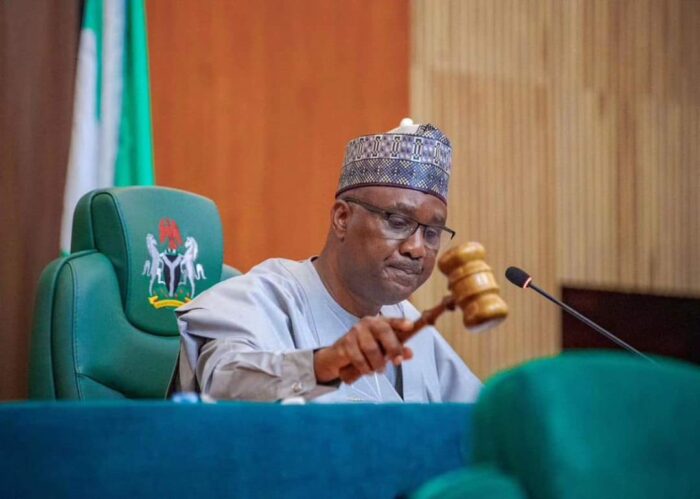In line with Nigeria’s aim to achieve a $1 trillion economy, the country’s Deposit Money Banks (DMBs) are anticipating a new round of recapitalization, potentially leading to mergers and acquisitions.
At the 50th-anniversary dinner of the Chartered Institute of Bankers of Nigeria (CIBN) in Lagos, the Central Bank of Nigeria (CBN) Governor, Olayemi Cardoso, unveiled plans to recapitalize DMBs. This move is pivotal in evaluating the robustness of Nigeria’s banking industry while striving to realize President Bola Ahmed Tinubu’s projected $1 trillion economy.
The announcement comes on the heels of the Naira’s devaluation, having lost over 40 per cent of its value against major currencies in the foreign exchange market. This devaluation signalled the need for a reassessment of banks’ capital bases.
Notably, Nigeria’s banks underwent recapitalization eighteen years ago, increasing from N2 billion to 25 billion Naira when the exchange rate was at N100/$1. The subsequent depreciation of the Naira to over N780/$1 reinforces the necessity of the apex bank’s recapitalization initiative.
One pressing question looms: how many of the twenty-four commercial banks in the country can weather this storm?
Analysis of the 2022 financial year revealed that Tier 1 commercial banks, including Access Bank, Guaranty Trust Company, Zenith Bank, and the United Bank of Africa (UBA), alongside Tier II banks such as Fidelity Bank and FCMB, collectively amassed N9.6 trillion in capital. This indicates their readiness to align with the CBN’s recapitalization proposal.
However, concerns persist about the viability of the remaining banks, particularly those newly established under the tenure of Godwin Emefiele as CBN governor.
Amidst this, prevailing challenges in the foreign exchange market, with the Naira trading at over N814.60/$1 and soaring inflation at 27.33 per cent in October, cast a shadow over Nigeria’s economy.
The President of CIBN, Ken Opara, expressed confidence in the preparedness of Nigeria’s banks to meet the recapitalization goal. He cited various capital-raising endeavours and the banks’ financial robustness as reassuring factors.
Amidst industry insights, the CEO of SD & D Capital Management, Mr Idakolo Gbolade, highlighted the need for a higher capital base, estimating requirements of $10 to $15 billion for commercial banks. He urged a realistic timeframe of two to three years for banks to achieve this target.
Gbolade emphasised that the capital adequacy of banks had been strained by inflation and the Naira’s depreciation, necessitating recapitalization to fuel economic growth.
Aminu Gwadabe, president of the Association of Bureaux de Change Operators of Nigeria (ABCON), emphasised the wide-ranging impact of recapitalization across the economic sector. He urged thorough consultations between CBN and financial service stakeholders to ensure the successful implementation of the plan.
Furthermore, Prof Godwin Oyedokun of Lead City University, Ibadan, underscored that bank recapitalization in Nigeria is essential for fortifying the financial sector. While it enhances the stability of the banking system, ensuring a higher capital base enables banks to handle larger transactions, manage risks more effectively, and bolster public confidence, attracting foreign investors.
However, Oyedokun acknowledged the challenges individual banks may face in raising additional capital to meet the new requirements, noting the potential cost and time implications. Non-compliance could result in penalties, including revocation of operating licenses.
In essence, while bank recapitalization is pivotal for sectoral growth and stability, it presents individual banks with significant challenges.



